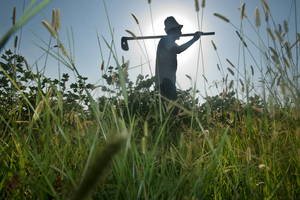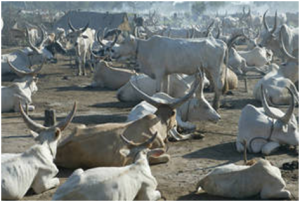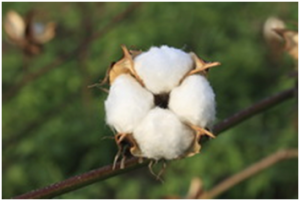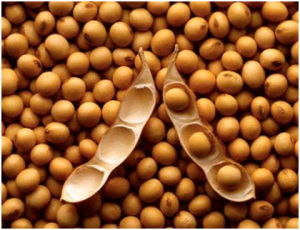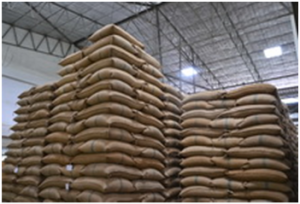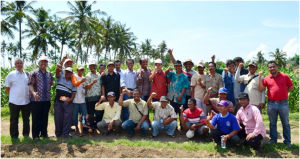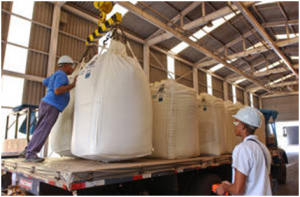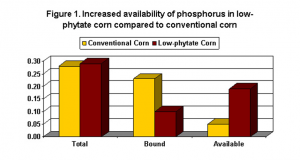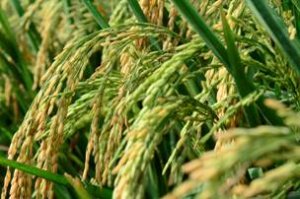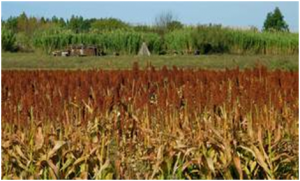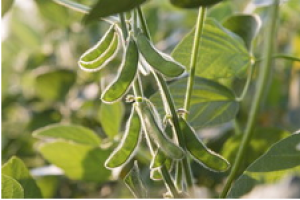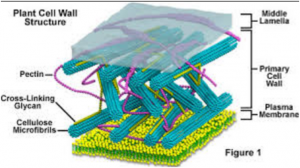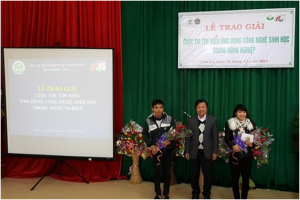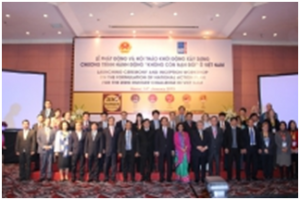|
Scientists Develop GM Anthocyanin-Expressing Citrus
Friday, 2016/03/11 | 08:01:49
|
|
Scientists from the Citrus Research and Education Center at the University of Florida have genetically modified a lime containing some similar genetic factors that are expressed in grape skin and blood orange pulp. These modified Mexican limes have a protein that induces anthocyanin biosynthesis, causing the limes to develop a range of colors in the pulp from dark purple to fuchsia.
Manjul Dutt, a horticultural scientist, said "Anthocyanins are beneficial bioflavonoids that have numerous roles in human well-being. Numerous pharmacological studies have implicated their intake to the prevention of a number of human health issues, such as obesity and diabetes."
The new limes were developed using genes from the red grape "Ruby Seedless" and the Blood Orange "Moro." Research on the utilization of these genes was conducted initially to develop a more consumer-friendly, alternative, plant-derived system. They are the first step towards Florida farmers producing blood oranges and, possibly, a new grapefruit cultivar. In addition to changing the color of the fruit, the introduction of anthocyanins also changes the color of leaves, stems and flowers, and could lead to the creation of ornamental citrus plants.
For more information, read the news release from the University of Florida. |
|
|
|
[ Other News ]___________________________________________________
|


 Curently online :
Curently online :
 Total visitors :
Total visitors :
(16).png)

